Life
Sign up for our newsletter
We summarize the week's scientific breakthroughs every Thursday.
-
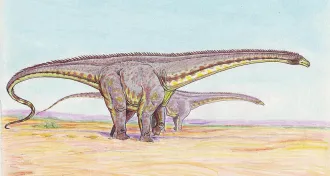 Paleontology
PaleontologyFragments of long-bodied dino found in Argentina
Named Leinkupal laticauda, the new species dino probably lived into the early Cretaceous period, which began roughly 145 million years ago.
-
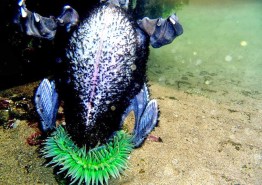 Animals
AnimalsAnemone eats bird, and other surprising animal meals
A fuzzy green anemone eating a bird many times its size shows that you can’t take anything for granted when it comes to which animals can eat each other.
-
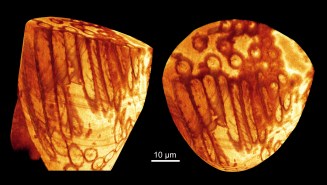 Paleontology
PaleontologyGiant 17-million-year-old fossil sperm found
Giant sperm have been found in 17-million-year-old fossilized mussel shrimp. The specimens, collected in Queensland, Australia, sport the oldest petrified sex cells on record.
-
 Health & Medicine
Health & MedicineTwo U.S. health care workers fall ill after treating patient with MERS
Two Florida hospital employees have reportedly fallen ill with flulike symptoms after coming in contact with a patient suffering from MERS.
-
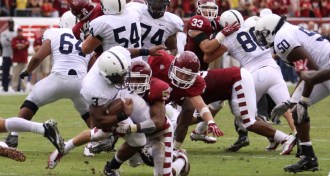 Neuroscience
NeurosciencePlaying football linked to brain changes
Division I college football players have smaller hippocampi, especially if they’ve had concussions.
By Nathan Seppa -
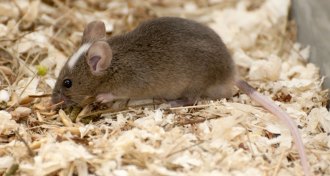 Neuroscience
NeuroscienceTo pee or not to pee
Mice recognize others’ scents through proteins in urine, suggesting that mouse pheromones produce more complex behaviors than previously thought.
-
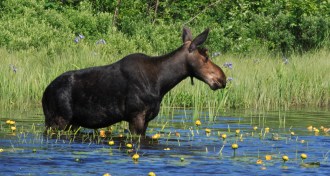 Animals
AnimalsA tale of wolves, moose and missing ice
Wolves have persisted on Lake Superior’s Isle Royale for decades, keeping moose in check, but climate change may doom the balance between the two species.
-
 Oceans
OceansDeepwater Horizon methane lingered longer than thought
Microbes may not have consumed methane from the 2010 Deepwater Horizon oil spill as fast as previously thought.
-
 Health & Medicine
Health & MedicineSecond MERS case in U.S. confirmed
A second health care worker has been diagnosed with MERS coronavirus in the United States.
-
 Paleontology
PaleontologyAsteroid strike spurred quick chill that led to dinosaurs’ demise
After an asteroid struck Earth 66 million years ago, ocean temperatures fell 2 degrees Celsius, leading to mass extinction of dinosaurs and other life.
-
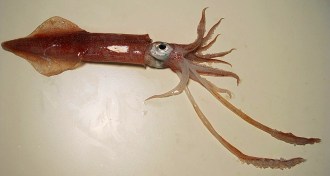 Life
LifePain may keep predators away, in squid anyway
Compared to healthy squid, injured ones start their defensive behaviors, including inking, when sea bass are farther away.
-
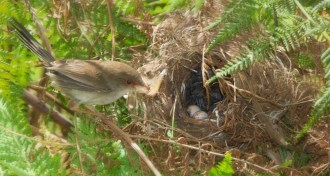 Animals
AnimalsBirds have clever solution for a cuckoo conundrum
Superb fairy wrens teach their incubating babies a password, and they become better teachers when they hear cuckoos are around.